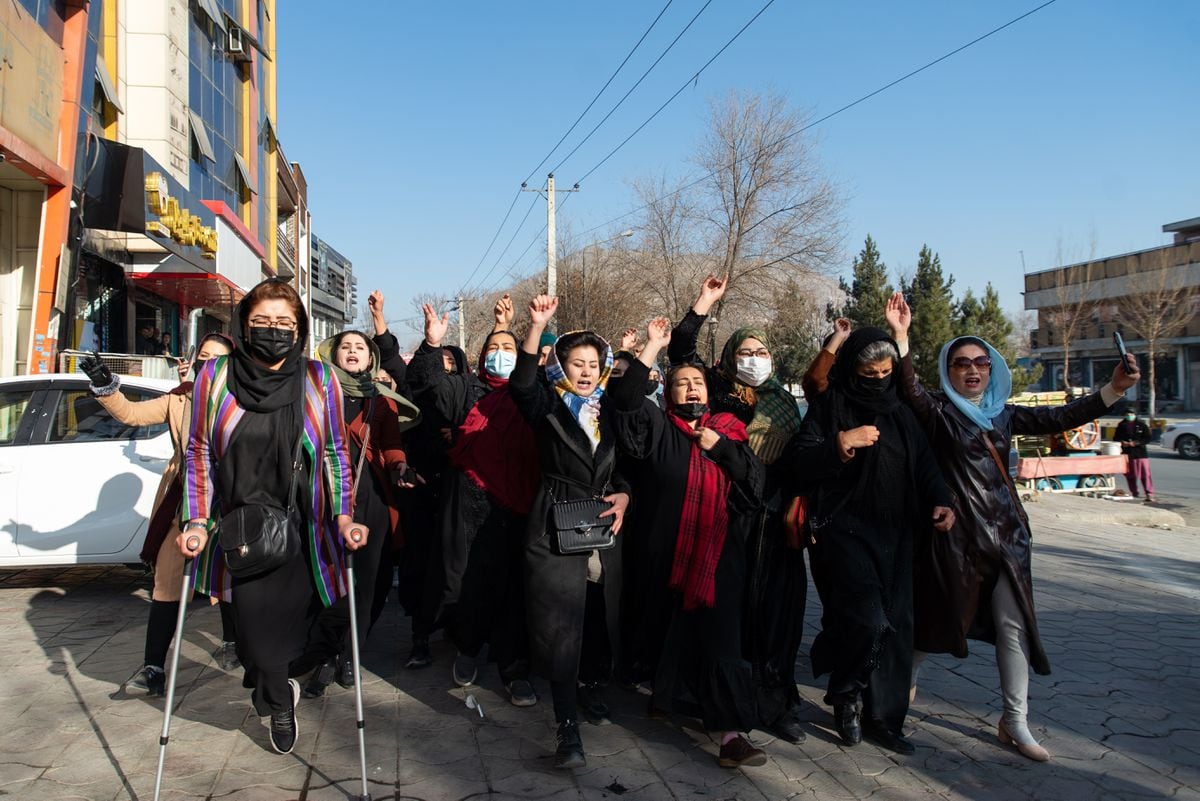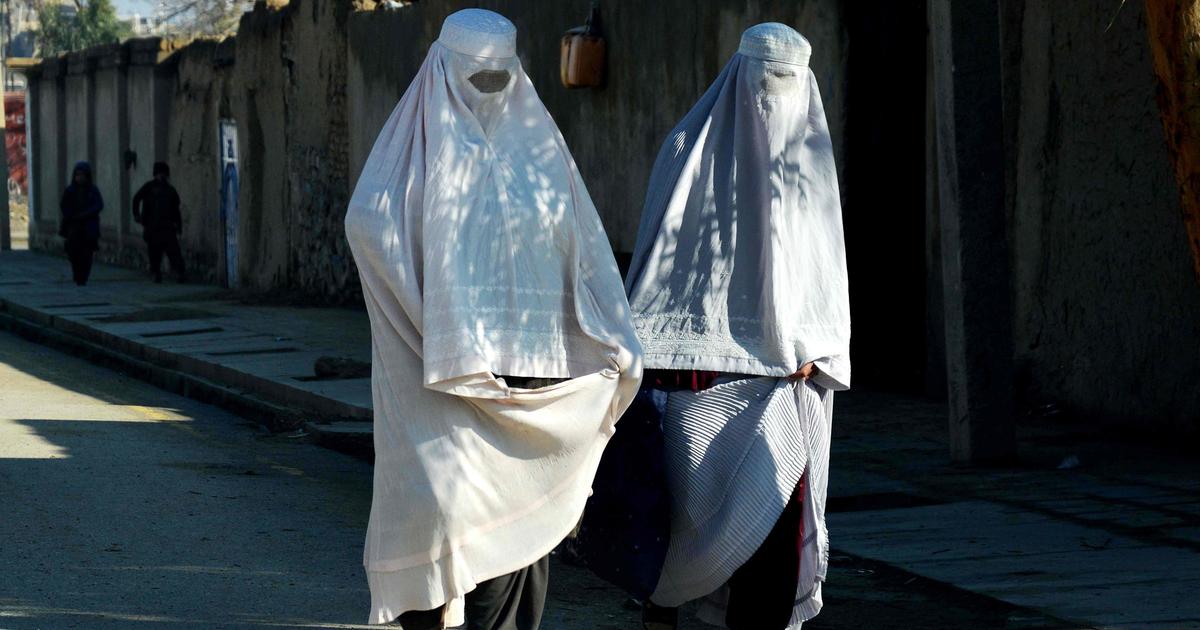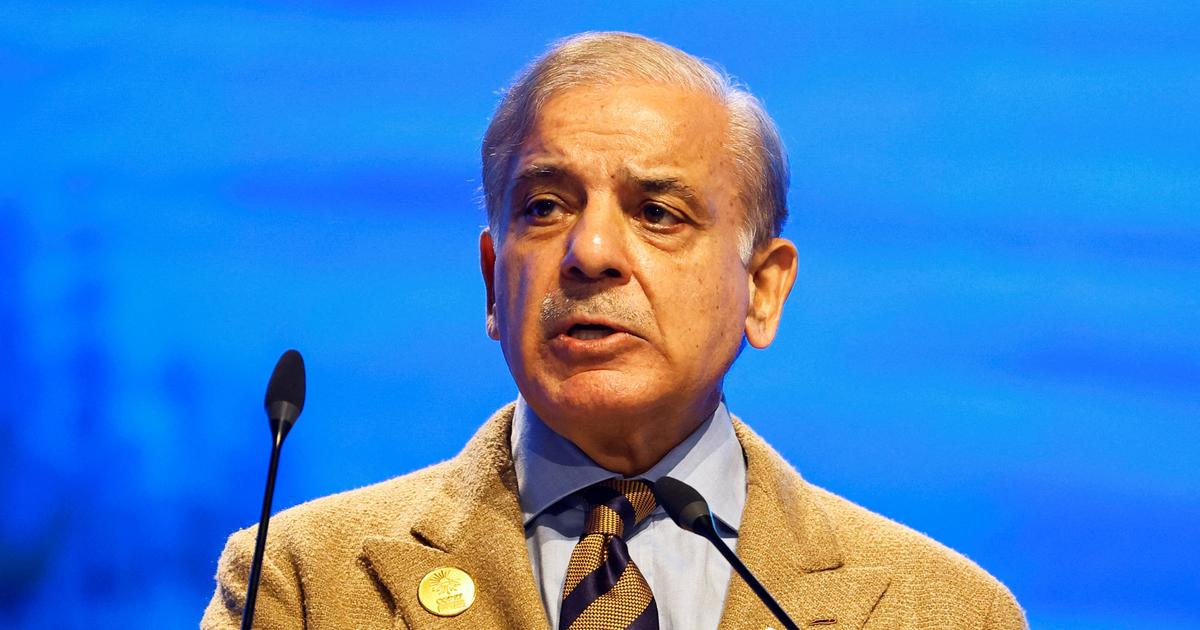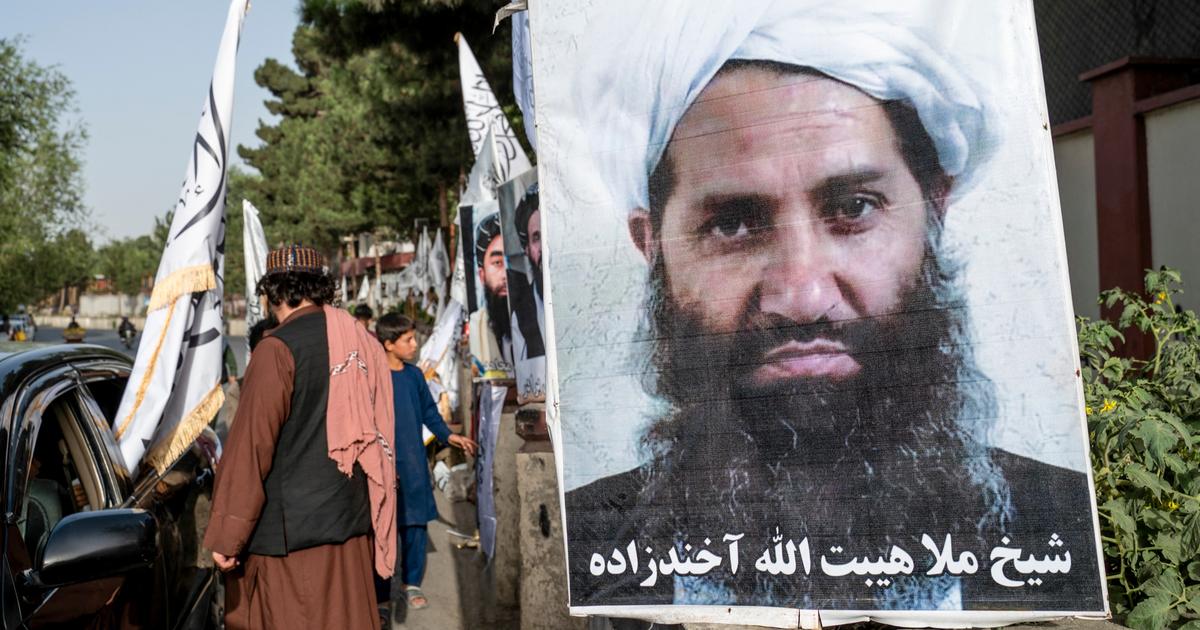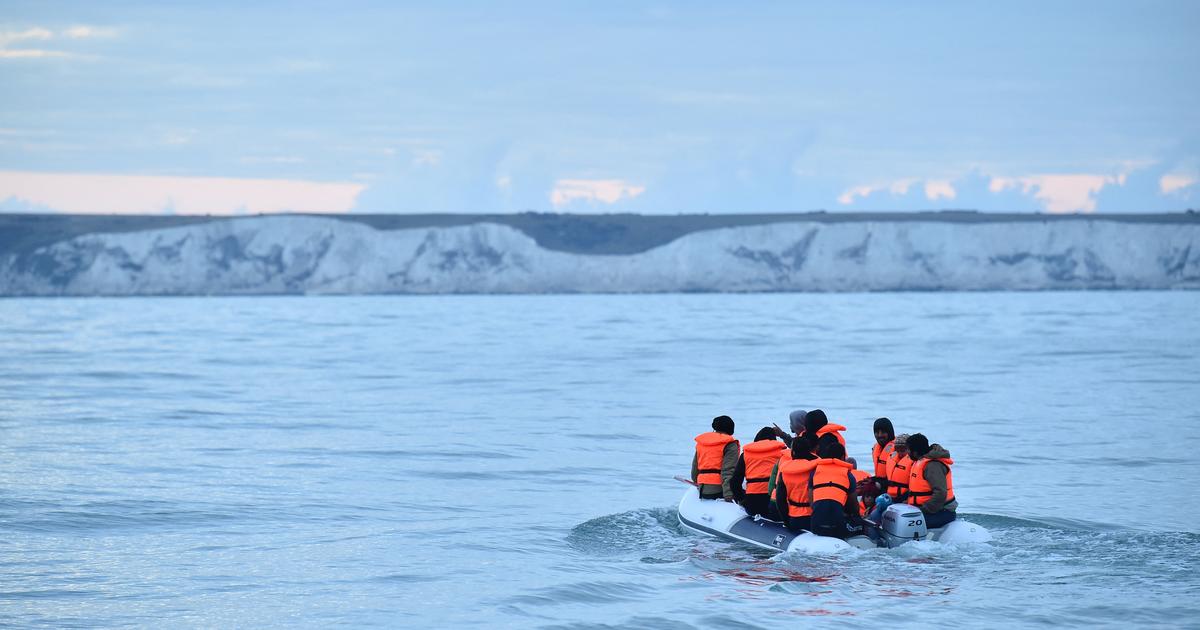The Deputy Minister of Health in Afghanistan, Sher Mohammad Abbas Stanikzai, is proof that the Taliban today are the same ones that were in power between 1996 and 2001. In his case, literally.
A young Taliban spokesman named Stanikzai promised in the 1990s on CNN cameras that the ban on girls studying would be temporary.
In May, this fundamentalist, now with a long white beard, criticized the ban on studying for Afghan teenagers that his own government had imposed.
What was unknown at the time is that Stanikzai's daughter had already graduated in Medicine from the University of Qatar.
The daughter of the Taliban's health minister, Qalandar Ebad, is also a doctor.
While Afghans over the age of 12 have been deprived of secondary education since August 2021 and, since December 20, of university studies, two daughters of Suhail Saheen —appointed representative to the UN— study at a public school in Doha, the capital from Qatar.
Afghans are also prohibited from practicing sports.
Not so the older of the two descendants of Saheen, who plays soccer on her school team, according to the Indian newspaper
The Print.
Afghanistan is the only country in the world that bans education for all adolescent girls over the age of 12.
And even in some particularly conservative parts of Afghanistan, where there are not even any girls' primary schools, all girls, regardless of age, are effectively banned.
The fundamentalists' decision has meant that 2.5 million Afghan girls and young women of school age cannot study.
Another 1.2 million girls have been deprived of secondary and university education, according to Unesco data.
In Afghanistan, it was an open secret that some members of the Taliban government have their daughters enrolled in institutes and universities in Qatar and Pakistan, the two countries that hosted the fundamentalist leaders until their return to power in August 2021. On August 7, February 2022, a report by a network of analysts in the Asian country, the Afghanistan Analysts Network, confirmed what was already more than a rumor in the report
Who goes to school?
Are Taliban attitudes beginning to change from within?
,
based on 30 interviews, nine of which were with what are defined as "senior Taliban officials."
The Afghan radicals who, since 2001, lived in Quetta (Pakistan) or since the beginning of the last decade, in Doha (Qatar) not only allowed and still allow their daughters to study in schools in those countries.
They also prefer enrolling their offspring in modern schools and not in madrasas, based on learning the Koran and religious education.
A senior Taliban official quoted in the text and who still resides in Qatar specifies: “In Qatar, only one of the 26 families of Taliban leaders sends their son to a madrasa;
the rest send both their sons and daughters to modern, Qatari and Pakistani schools.
Members of the Taliban and their families living here [in Qatar] strongly demand modern education and no one is against it, for boys or girls, whatever their age."
When the Taliban took power again on August 15, 2021, some of the members of the fundamentalists' representative office in Doha returned to Kabul.
At that time, the report by the Afghan think tank notes, two members of the Taliban negotiating team said they had to face the dilemma between settling with their families in Afghanistan or leaving them in Qatar.
These two fundamentalists expressed concern about "the interruption that it would mean for the schooling of boys and girls."
Evolution or hypocrisy?
The author of this report, Afghan analyst Samin Sabawoon, responds by email to this newspaper that this apparent contradiction of the Taliban "can hardly be considered hypocrisy."
“Why Afghan girls are prohibited from having an education is a complicated question, since [the Taliban] who have more evolved thinking [on female education] are not the ones who have absolute power over decision-making.
Within the Taliban, the supreme leader, [Haibatulá Ajundzadá] is, ideologically, the ultimate source of decision-making.
The supreme leader is a conservative mullah who is not in favor of girls' schools.
So he orders the ban and all the other members of the movement must obey him from an ideological perspective”, affirms this analyst, who adds that “there is an evolution in the way of thinking of many senior Taliban leaders”.
The author of the report attributes this supposed evolution to the influence of living in places like Peshawar (Pakistan), Doha and other cities in the Gulf.
"These Taliban leaders have lived in a different, modern society, where girls' education is a fundamental human right and a normal part of life, and that has influenced their perceptions."
In his opinion, the fact that the Taliban "send their daughters to schools and universities is clear proof" of that.
That evolution to which Sabawoon alludes at the moment only benefits her daughters, and not the rest of the young Afghans who have seen not only how they are prohibited from studying at the university, but even aspire to it.
At the end of January, the Taliban government announced that the students would not even be allowed to take the so-called Konkour, the university entrance exam in Afghanistan.
Furthermore, even before the Taliban closed the doors of the universities to the Afghans, some of them had already seen how they were prevented from continuing in the classroom.
Under the pretext that some studies were not "suitable for women", the Taliban had banned or restricted women's access to certain degrees or studies such as journalism, engineering, mathematics or English.
Foreign languages are off-limits to ordinary Afghans.
However, the high officials of the Taliban regime whose daughters study abroad not only do not prohibit them from learning languages, but rather encourage it.
The Afghanistan Analysts Network report states that some fundamentalists with daughters enrolled in Qatar "chose private schools run by Pakistanis living in Qatar, which followed a Pakistani curriculum and used English as the medium of instruction."
Nilufar, the fictitious name of a 19-year-old Afghan university student, an activist for the right to education for women in her country, disagrees via WhatsApp from Kabul with the analyst who authored the report: "Banning Afghans from education while they send their daughters to universities abroad is the most hypocritical thing the Taliban can do."
And she concludes: "For the rest, what hasn't the Taliban done to this country?"
Follow all the international information on
and
, or in
our weekly newsletter
.
Subscribe to continue reading
Read without limits
Keep reading
I'm already a subscriber

